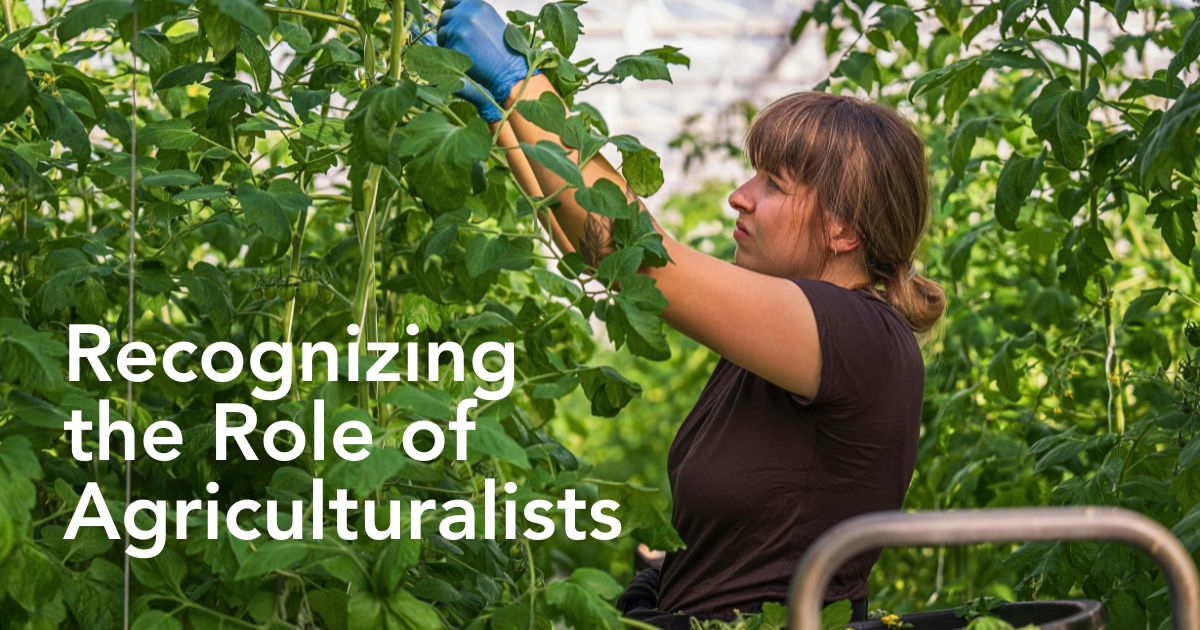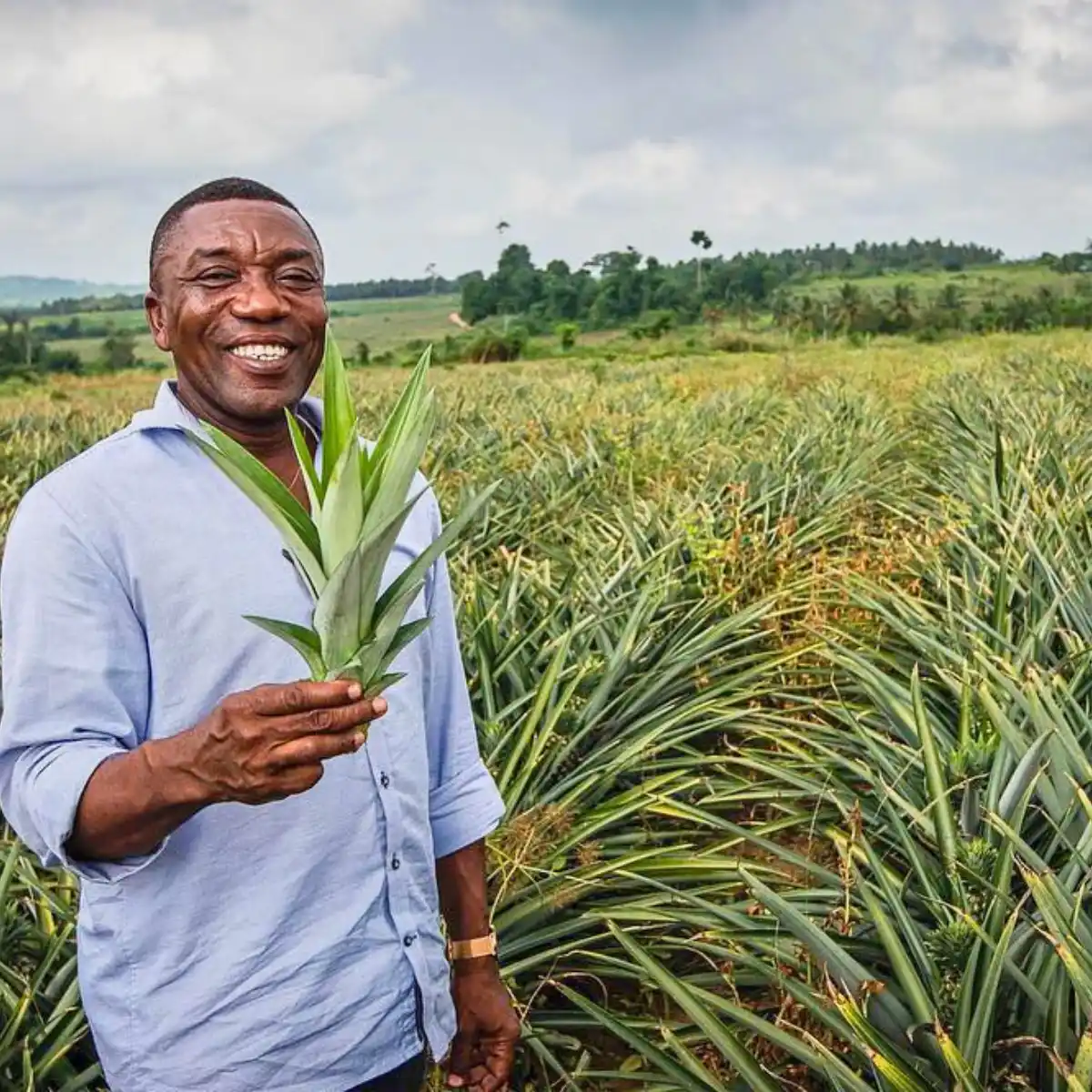Observed on October 12, National Farmers Day is a day dedicated to celebrating and creating awareness of farmers' contributions to society. It is an event that resonates with practically all people globally, encouraging them to be grateful to the farmers in their lives and honor the people who provide agricultural foods. Often, farmers are the unsung heroes in societies, despite playing an important role in guaranteeing food security and the people's sustenance. They spend their days on farms and gardens, tilling and cultivating plants that produce food. That is why this day honors them.
Tracing the Roots of National Farmers Day
National Farmers' Day, sometimes simply referred to as 'Farmers' Day, is observed in many nations around the world, but with subtle differences, especially in dates and titles. Its historical roots date back to various historical events, each of which highlights the importance of agriculture in society.
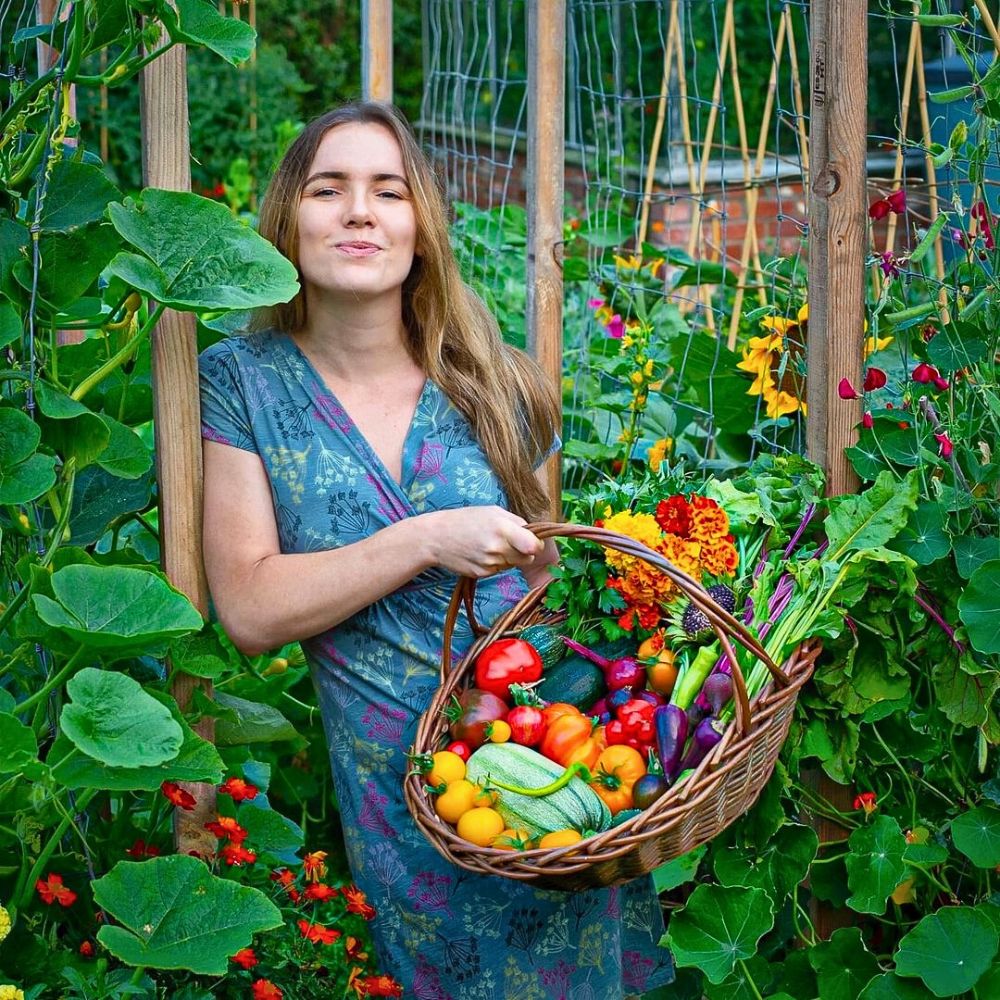
Originally referred to as 'Old Farmer’s Day' in the United States, this day was established to acknowledge the hard work farmers put into growing crops. The October 12 date was picked as it comes at the end of the traditional harvesting period, which allows the farmers to participate in festivities, which could sometimes last the whole month. Still, every three years, the Harvest Moon comes in early October, just before the day, heralding National Farmers Day.
Still, according to some accounts, in the U.S., the tradition of observing the day has its roots in the Appalachian region, where farmers gather to celebrate the end of the harvest season with music, dancing, and communal meals. Then, over time, this practice spread across the country, evolving into the modern National Farmers' Day celebration that it is today.
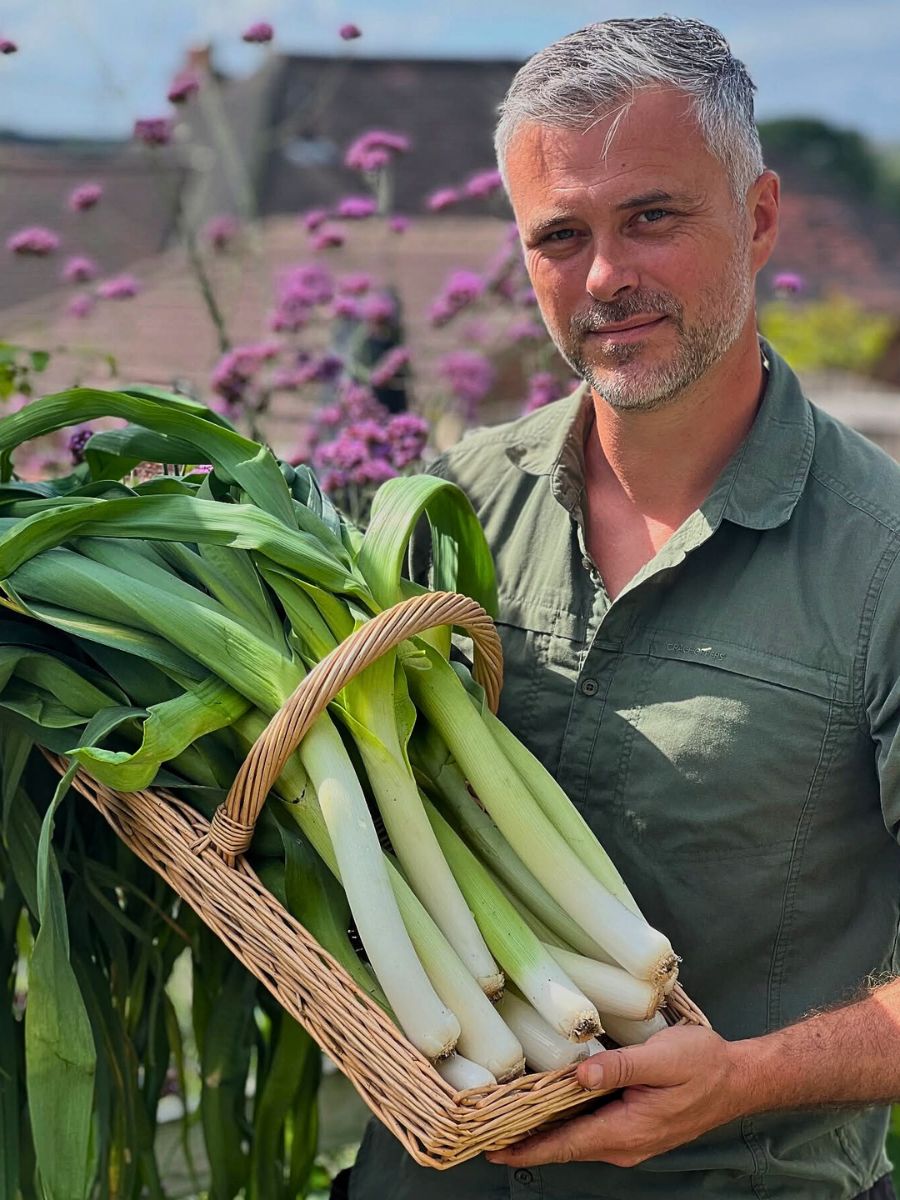
Alternative Versions of National Farmers Day
Globally, similar celebrations marking the day exist. While National Farmers Day is celebrated on different dates in numerous other countries worldwide, its essence remains the same. In India, Kisan Diwas, or Farmers' Day, observed annually on December 23, commemorates the birth anniversary of Chaudhary Charan Singh, India's fifth Prime Minister and a key figure in advocating for farmers' rights.
Born in 1902, Chaudhary Charan Singh is often referred to as the 'Champion of India's Peasants' due to his important role in formulating policies that strengthened India's agricultural sector. His leadership emphasized agrarian reforms, fair pricing for crops, and the need for rural development to ensure the prosperity of India's farming community.
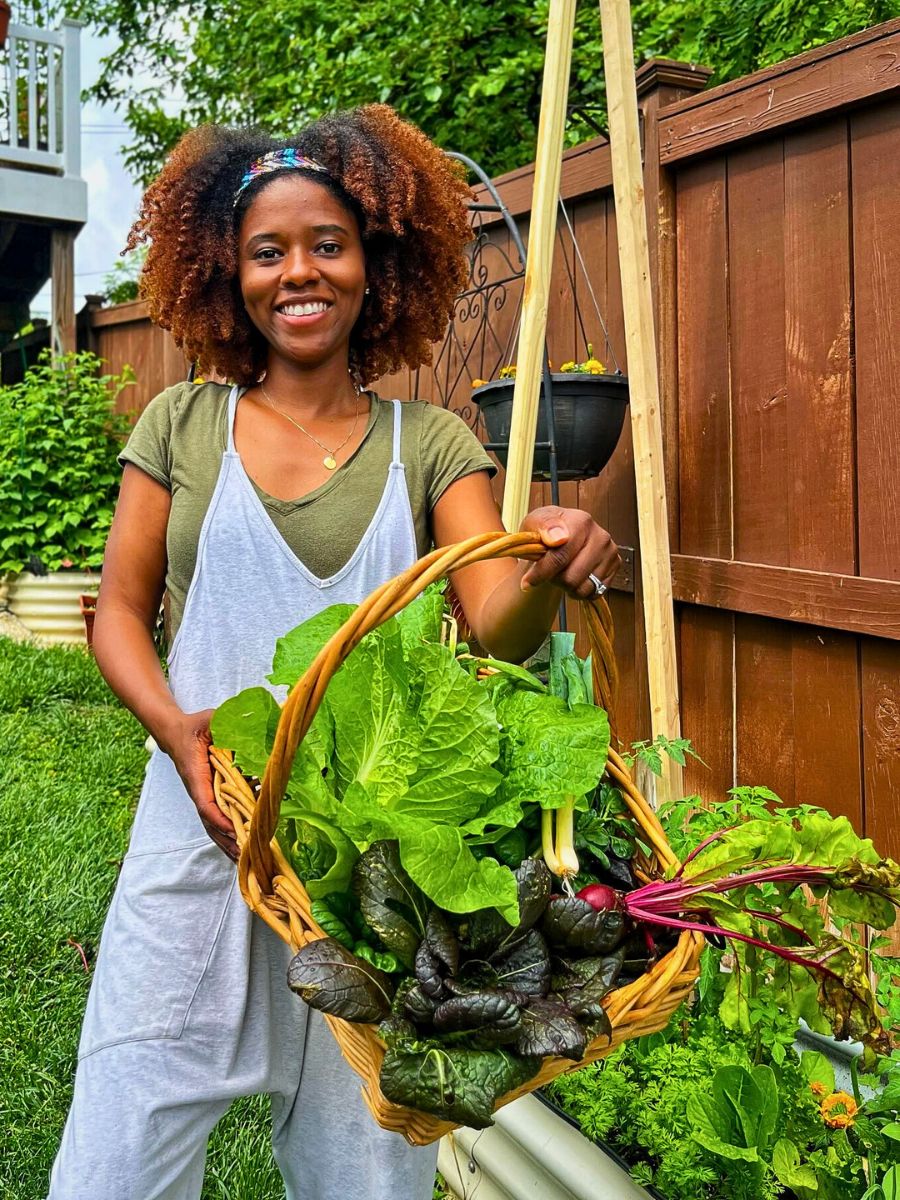
In Pakistan, this holiday has recently been added to the calendar and was first celebrated in 2019. The day is commemorated on December 19 and is used to promote farmers’ welfare and success. On the other hand, in Afghanistan, it is observed on March 22 every year as part of the Afghan New Year, which is also the Persian New Year known as Nowruz.
In Ghana, Farmers' Day is observed on the first Friday of December. This West African country recognizes the essential role of farmers in its economy and honors them through different activities, including a grand durbar, which is a traditional gathering where outstanding farmers are awarded.

Even still, on the first Monday of August, Zambians also celebrate and honor their farmers through similar occasions. Other countries, including Kenya, also have their own different versions of commemorations through which they reward their farmers for their efforts.
The Objectives of National Farmers Day
National Farmers Day has multiple objectives. However, the major goal is to recognize farmers' tireless efforts in their vocation. For them, farming is more than just a job or career; it is their way of exploring, seeing, and giving life to gardens, farms, and arable spaces. It is their way of ensuring fresh and healthy nourishment.
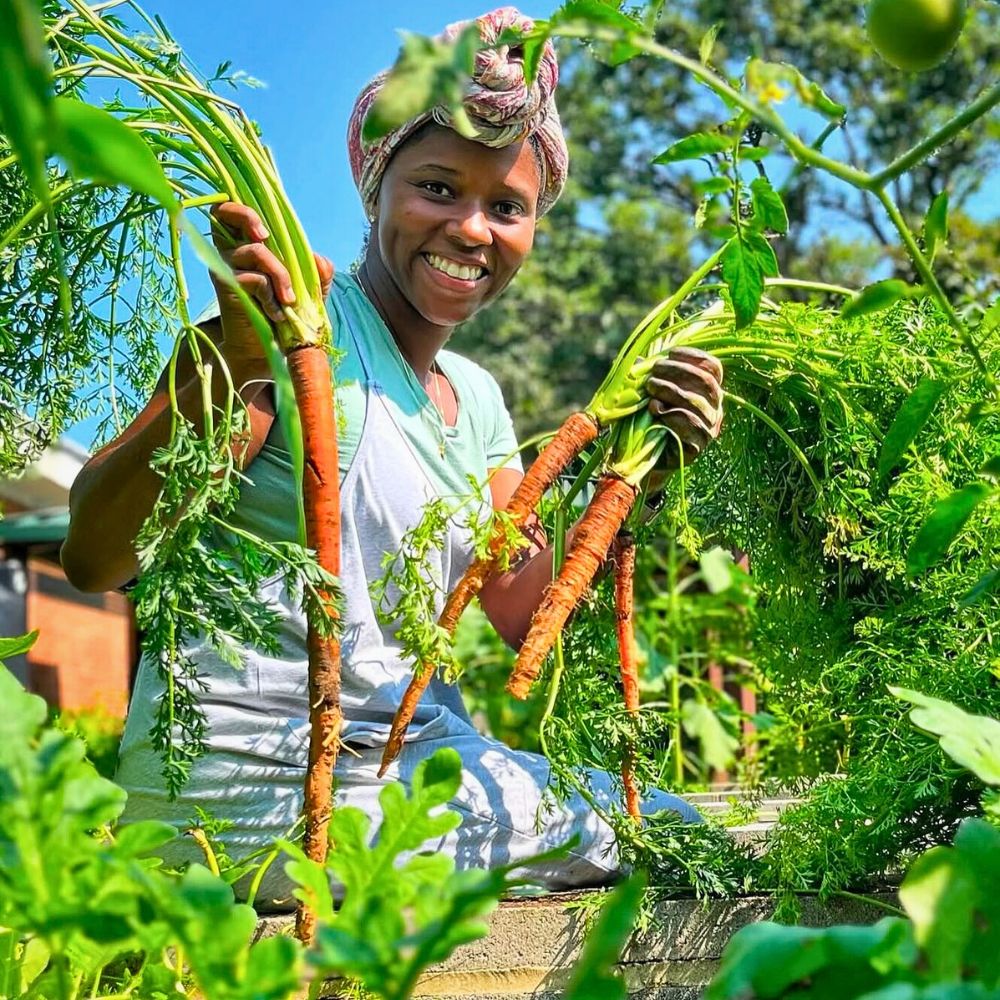
It is these farmers who toil day in and day out—battling variable conditions, pests and diseases, and market fluctuations to bring forth a steady supply of fresh, healthy, and nutritious food. This day also aims to raise awareness about the challenges that farmers face. In different countries, some of these challenges may include access to resources, fair pricing, policies that affect them, and the need for sustainable farming practices. The day presents a platform to advocate for strategies that support and uplift the farming community.
Celebrating National Farmers Day
The celebration of National Farmers Day takes on various forms across different regions. In the United States, it often involves community gatherings, agricultural fairs, and farm tours. It creates a time and opportunity for urban dwellers to connect with their rural counterparts, encouraging a deeper understanding of the agricultural processes.
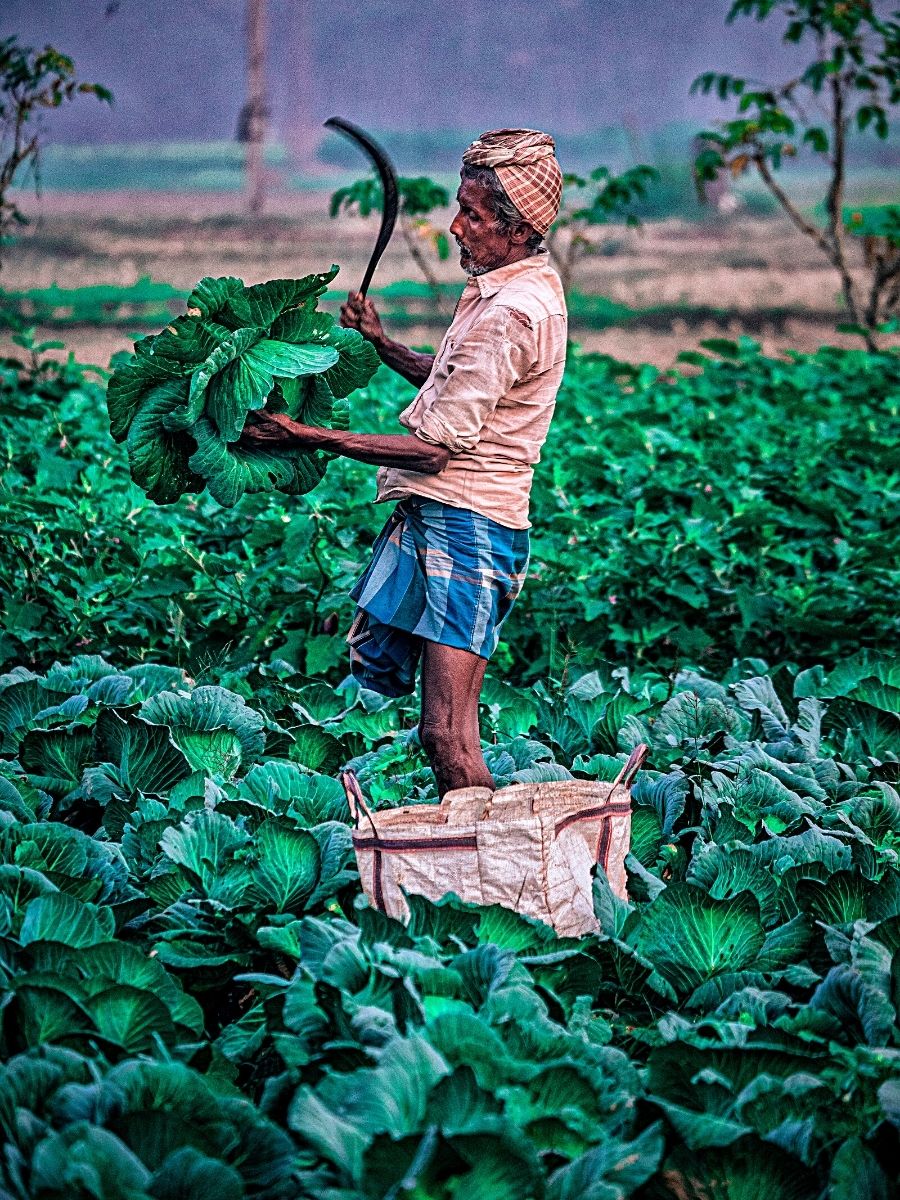
In India, for instance, Kisan Diwas is marked by government initiatives, including agricultural exhibitions, the giving of awards to outstanding farmers, and seminars on modern farming techniques. It is an opportunity for farmers to showcase their products and innovations. In many other countries, awarding farmers, showcases of farm products, and floral exhibitions, as well as competitions, are an integral part of National Farmers Day celebrations. These displays highlight the beauty and diversity of products grown by farmers. Such events accentuate the close relationship between agriculture and the natural world.
What Are the Benefits That Farmers Bring?
As is common knowledge, farmers are often the larger-than-life custodians of virtually all systems that make up agriculture and farming. Their importance goes way beyond just their provision of varied agricultural foods. In practice, they are the pillars of society, and their contributions can hardly be overstated.
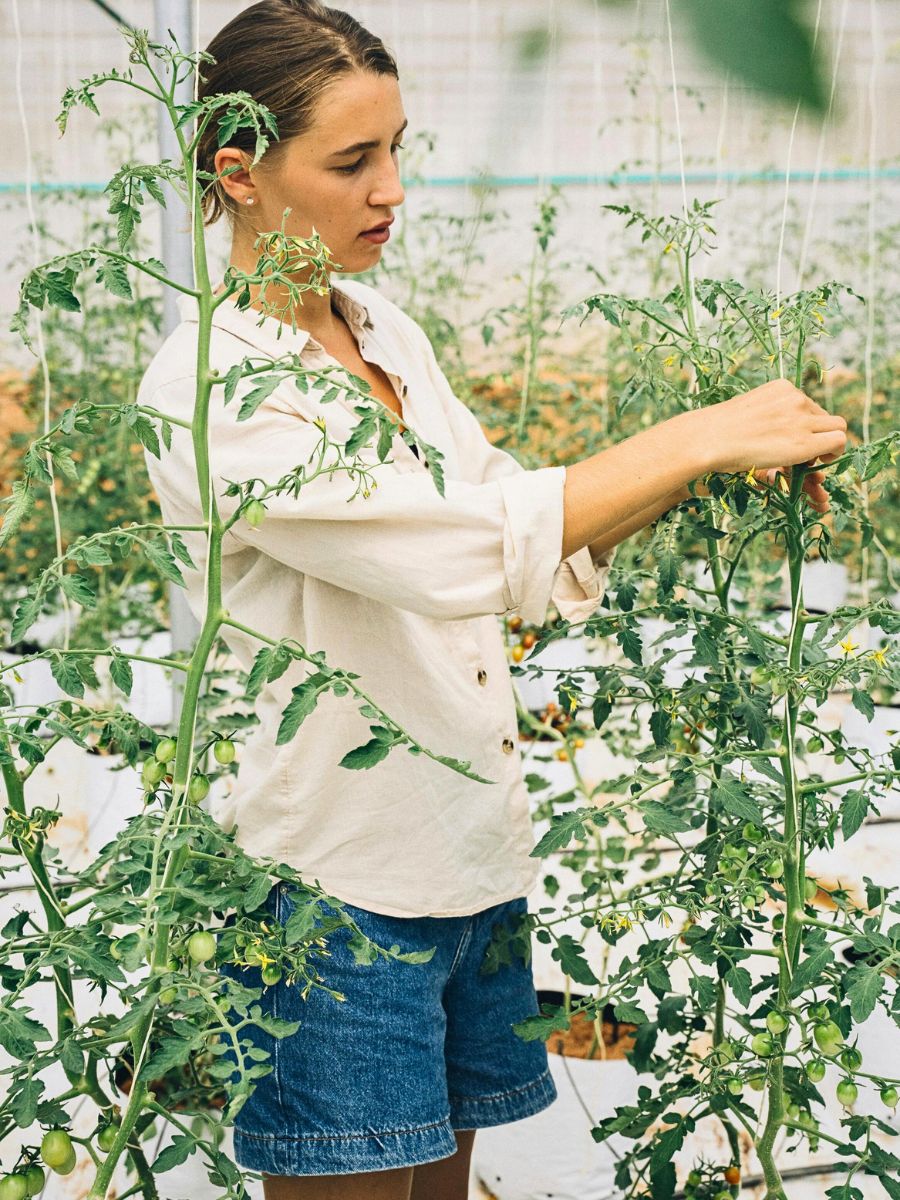
To begin with, farmers play the key role of ensuring a steady food supply. It is their indispensable efforts in the fight against hunger and malnutrition that ensure that countries worldwide remain food secure, because farming and agriculture are major contributors to the global economy, providing employment opportunities and driving economic growth, especially in rural areas. Farmers play a big role in this.
Farmers are also keepers and conservers of biodiversity. They cultivate indigenous crop varieties that help maintain genetic diversity in the food supply chain. Sustainable farming practices, like agroforestry, mulching, and cover cropping, are all beneficial in sequestering carbon and mitigating climate change. In essence, farmers taking part in these practices help in addressing the general climate change issue, albeit in their small ways.
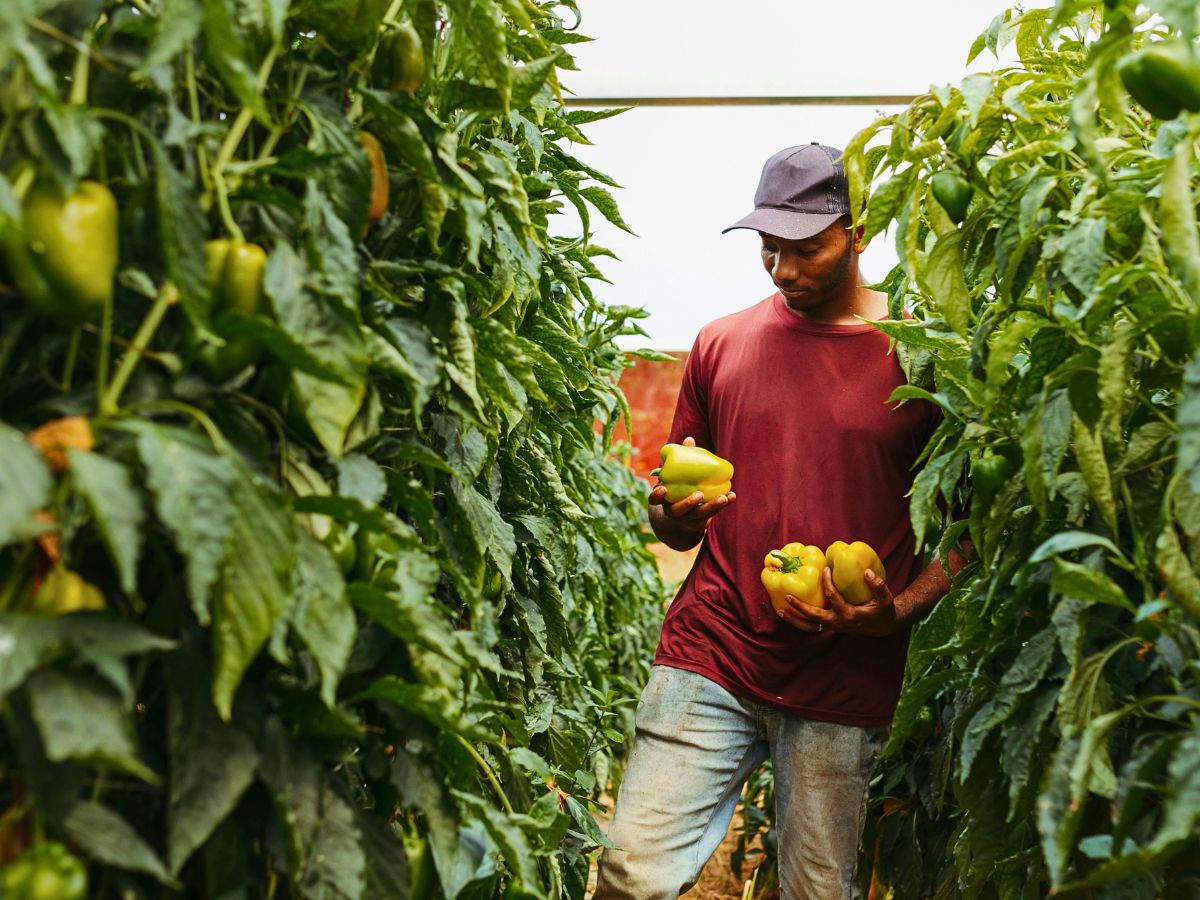
Also, farming communities often form tight-knit, supportive networks that contribute to social cohesion. The significance of this is that it creates affable relationships across different social and economic contexts.
The Beauty of Farming and Agriculture Expressed in Flowers
Flower cultivation and gardening are all art forms that are connected with farming. Flowers are not just ornamental; they are planted and play a key part in pollination, which is essential for crop production. Still, these flowers add color and fragrance to the agricultural landscape. So, sometimes, National Farmers Day incorporates activities that extend to floral exhibitions, showing the diversity of flowers that are found in agricultural farming ecosystems. This is one of the connections between general arable farming and flower cultivation, perhaps, suitably highlighting the importance of sustainable practices that protect the environment and pollinators.
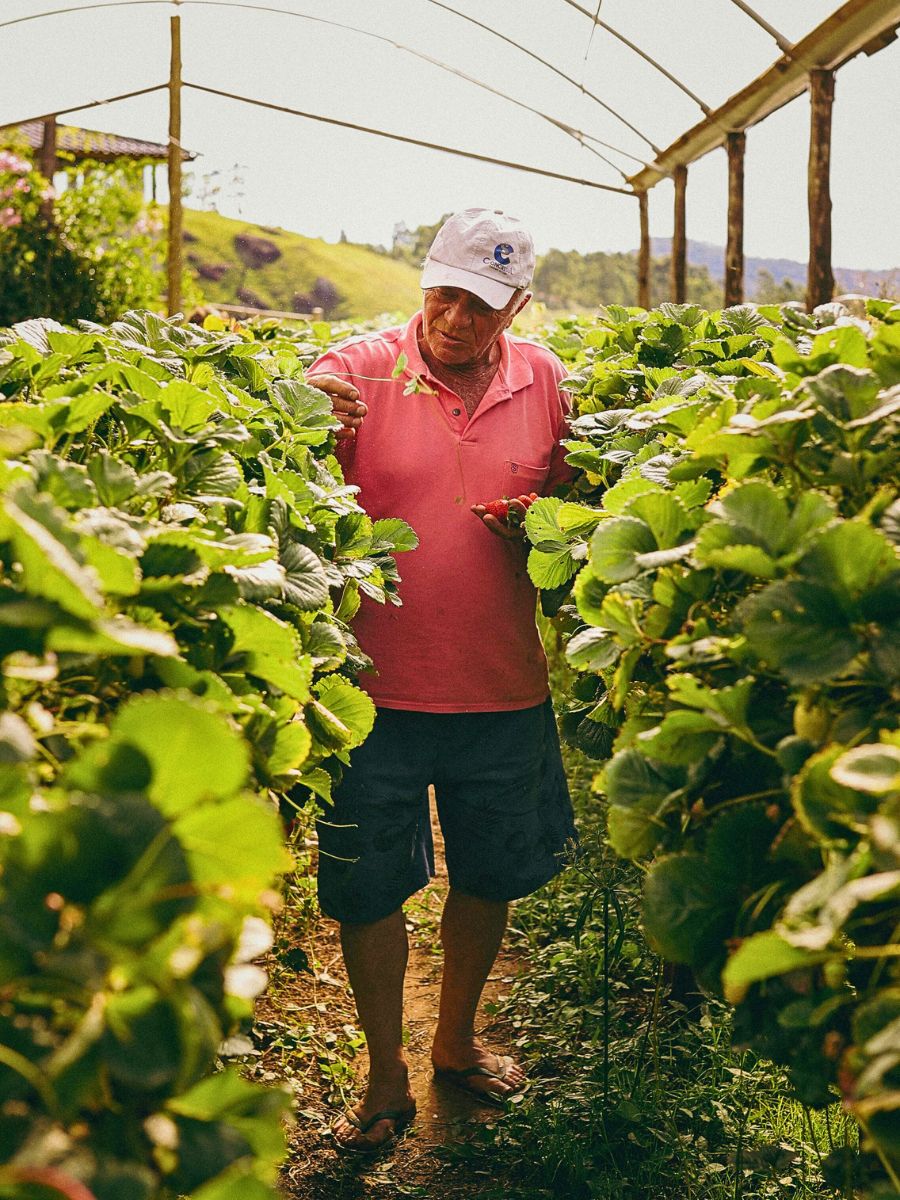
Farmers in Conservation and Sustainability Trends
With mounting environmental challenges, sustainable farming practices have continued to gain prominence. Yet, farmers are at the forefront of suitable conservation efforts, adopting methods that reduce soil erosion, minimize water use, and limit chemical inputs, all of which not only benefit the environment but also contribute to long-term agricultural viability. Organic farming is, therefore, a sustainability trend that farmers are embracing.
There are also practices like agroforestry and reforestation that farmers employ, ensuring that ecosystems retain their tree cover and that the environment remains protected from the dangers posed by the changing climate. All these approaches do more than just reduce soil erosion, promote soil health, reduce greenhouse gas emissions, and preserve water resources.
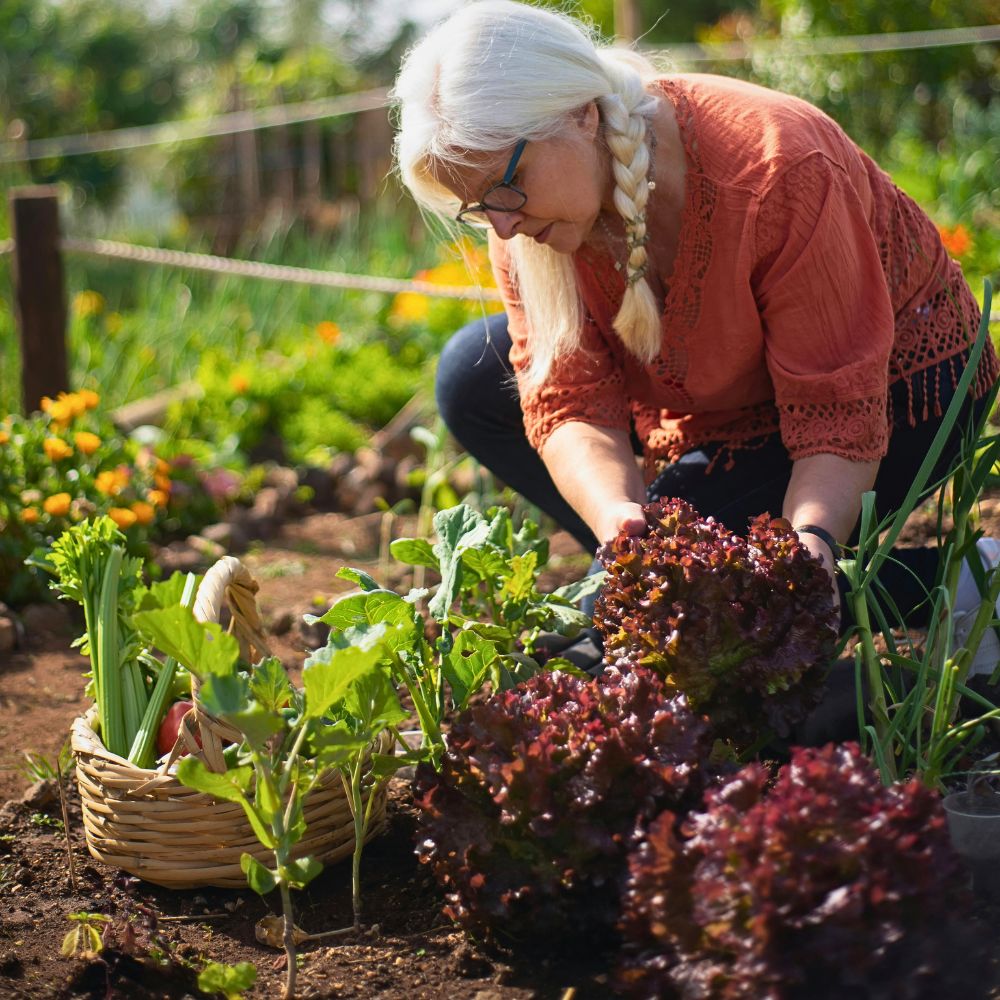
Simply stated, farmers are the stars in both fresh food provision, nature conservation, and general sustainability. Their efforts ensure people remain confident about their nutritional sustenance, and the environment in which they farm is well-looked-after. And given that, their efforts deserve a mention and acknowledgement; this is just what National Farmers Day is all about: to make sure that they are afforded the recognition they deserve.
Feature by @good_life_garden. Header image by Mark Stebnicki.

